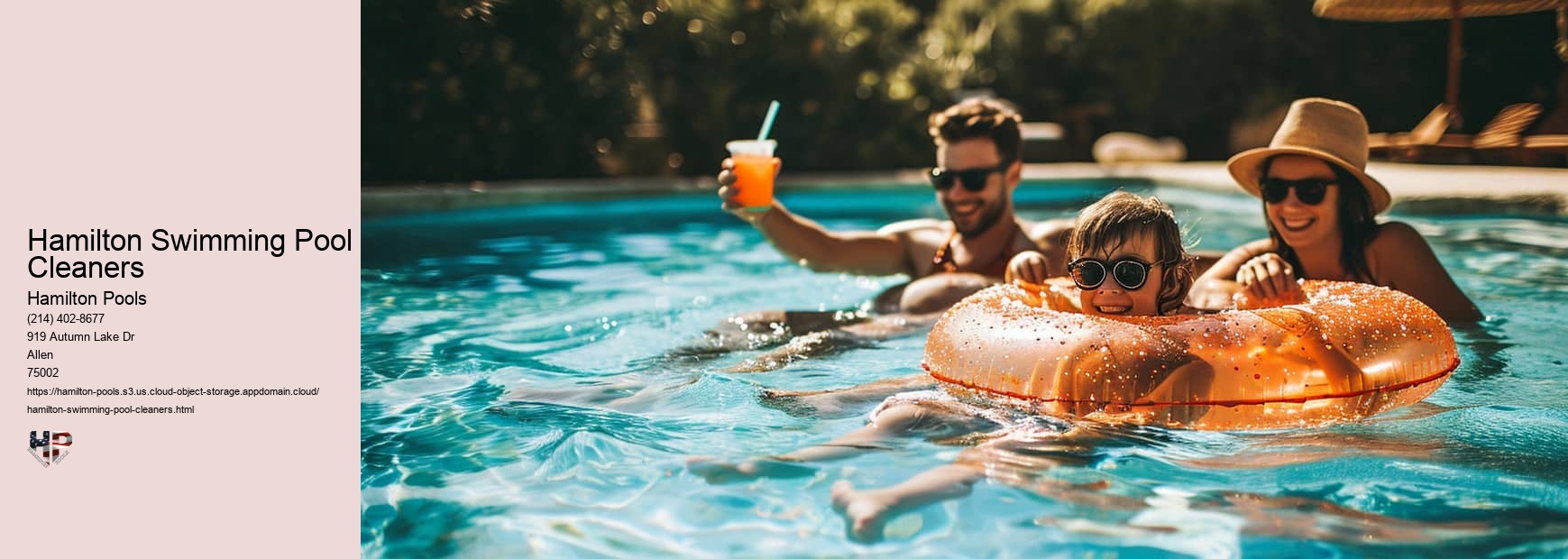
Regular maintenance of your pool is essential for ensuring its longevity and optimal performance. At Hamilton Pools, we understand that your pool is not just a body of water, but your personal oasis—a place of relaxation and enjoyment. That's why we emphasize the importance of regular maintenance to keep your pool in its pinnacle condition.
In addition to algae treatment, we also address mineral buildup in your pool. Minerals such as calcium and iron can accumulate over time, leading to staining on pool surfaces and equipment. Our specialized mineral treatment products effectively break down and remove these deposits, restoring the beauty and functionality of your pool.
Maintaining the right salinity levels in your saltwater pool is crucial for the overall health and longevity of your pool. By understanding the importance of salinity and regularly testing and adjusting the levels, you can ensure that your pool remains clean, clear, and enjoyable for all to swim in. Remember to consult a professional if you have any concerns or need assistance in maintaining the salinity levels in your saltwater pool.
Hamilton PoolsAbsolutely! With a little guidance and the right tools, anyone can maintain a clean pool. Start with basic tasks like skimming and brushing, then graduate to testing and adjusting water chemistry. Don't hesitate to ask for help from professionals if needed!
Neglecting shock treatments allows algae and bacteria to build up, leading to cloudy water, unpleasant odors, and potential health risks. Regular shocking, along with proper water chemistry, prevents these issues and keeps your pool safe and inviting!
P has several potential meanings in swimming. It could be 'pull', where you swim with a pull buoy focusing on arm strength, or 'personal best', your fastest recorded time for a specific distance. Less commonly, it might represent 'pyramid', a training set with increasing or decreasing distances.
Frequency depends on pool size, usage, and weather. Generally, skim daily, brush and vacuum 2-3 times a week, and shock once a week during peak season. Adjust based on your specific needs and water quality!
Not likely! Baking soda raises pH, which can worsen algae growth. Green pool usually indicates algae problems, requiring stronger solutions like shocking or algaecides to eliminate them. Baking soda might be helpful for minor pH adjustments later!
While bleach can temporarily disinfect, it's not ideal for regular pool use. Its lack of stabilizers and higher concentration can harm swimmers and damage pool equipment. Consider pool-specific chlorine products formulated for safe and effective pool sanitation!